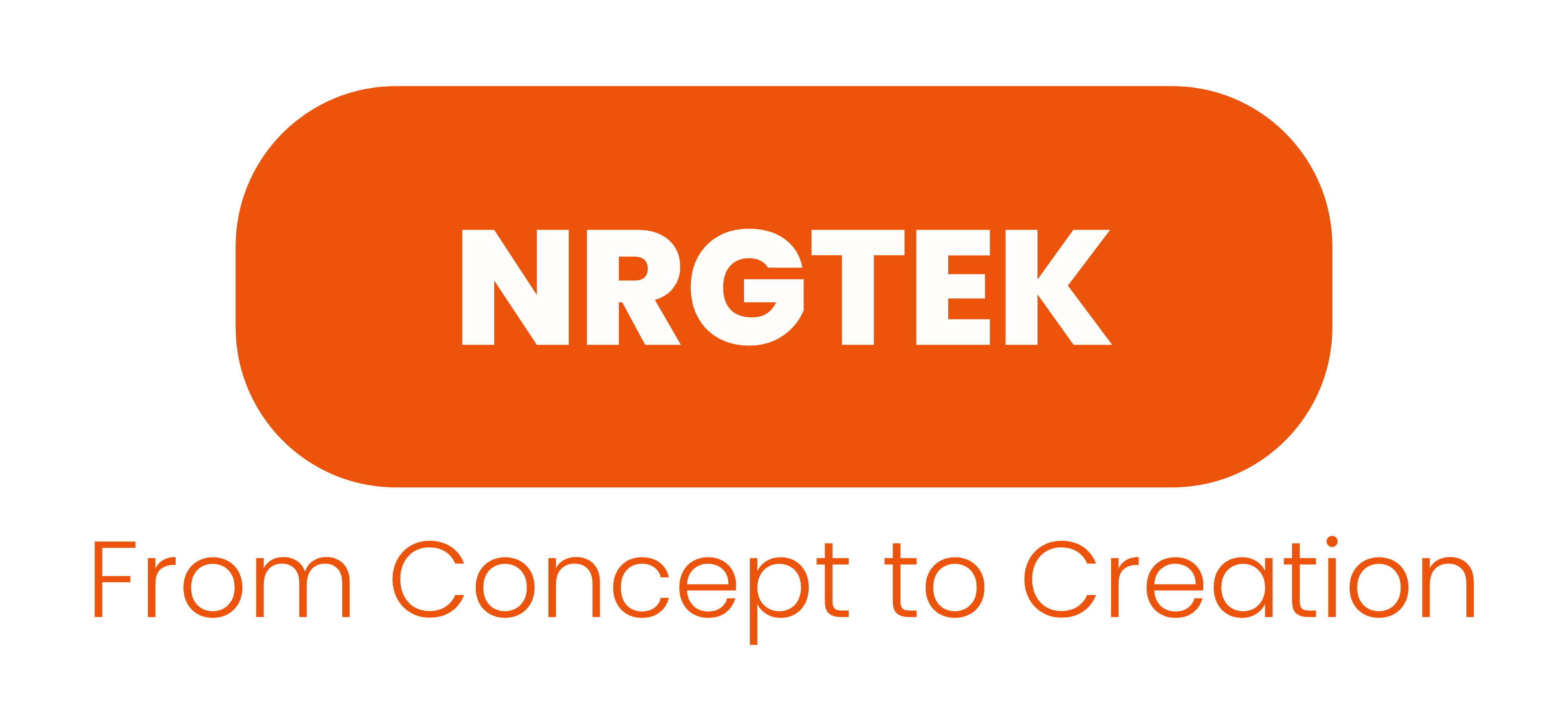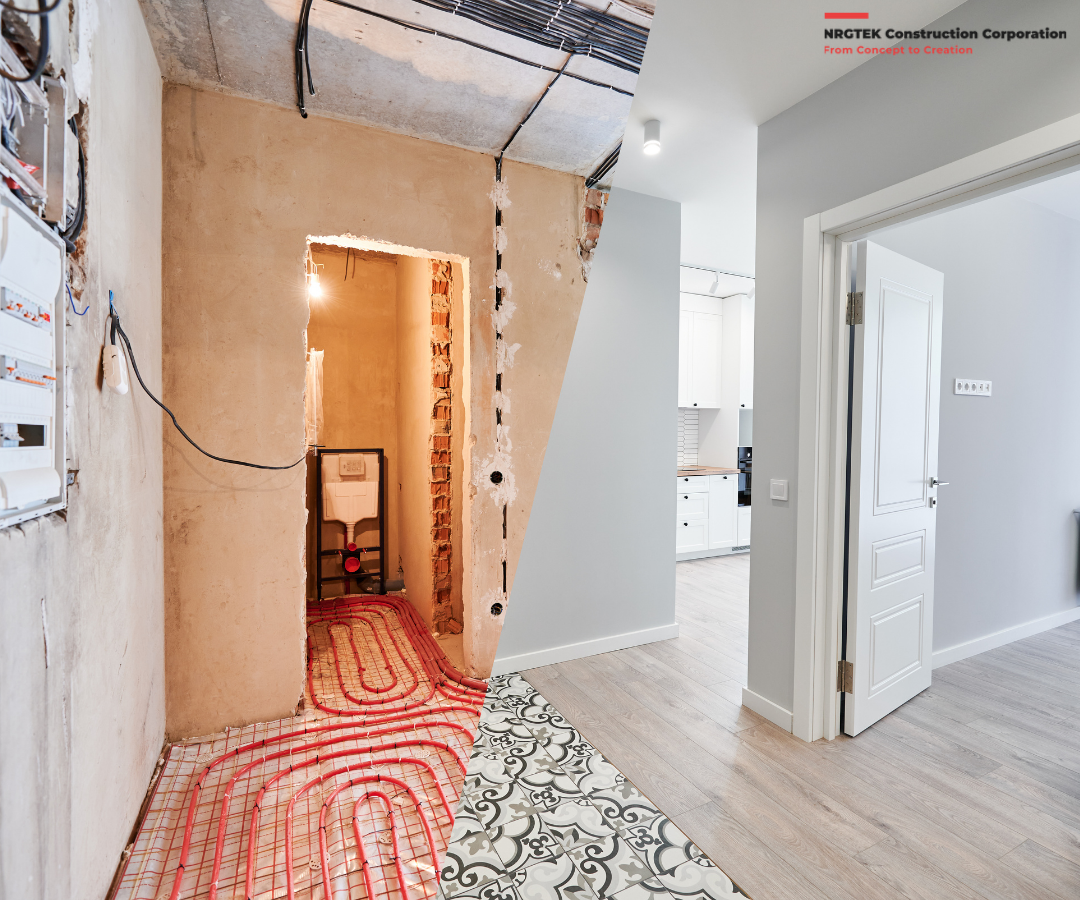
One of the most important financial decisions people make is whether to rent or buy a home. Numerous factors, such as long-term objectives, personal circumstances, and market conditions, influence this decision. This choice is even more difficult in British Columbia (BC), a province renowned for having a vibrant real estate market. In the BC market, let’s examine the benefits and drawbacks of house ownership versus renting as we approach 2024.
Home Ownership in BC: Pros and Cons
Pros:
1. Equity Building:
- Investment Potential: You may gradually build up equity if you own a property. The portion of your house that you truly own rises when your mortgage is paid off, making it a potentially valuable financial asset.
- Appreciation: In the past, BC’s real estate market has demonstrated robust rates of appreciation, especially in big cities like Victoria and Vancouver. This implies that the value of your property may rise over time.
2. Stability:
- Long-term Security: Having a home gives one a feeling of permanence and stability. Landlords aren’t going to decide to sell the property or hike the rent.
- Personalization: Homeowners are able to customize and add to their sense of ownership by making changes to their house to fit their requirements and preferences.
3. Tax Benefits:
- Deductions: The cost of home ownership can be considerably decreased for homeowners by their eligibility for a number of tax deductions, such as those related to property taxes and mortgage interest.
Cons:
1. High Initial Costs:
- Down Payment: For many prospective homeowners, the need for a sizable down payment typically 20% of the purchase price can be a significant obstacle.
- Closing Costs: The initial financial load is increased by charges like property transfer taxes, legal fees, and inspection fees.
2. Maintenance and Repairs:
- Ongoing Expenses: All upkeep and repair expenses, which can be unpredictable and costly, fall under the purview of homeowners.
- Time and Effort: It can take a lot of time and work to do routine maintenance, particularly on older houses.
3. Market Risks:
- Value Fluctuations: Although BC’s market has generally experienced growth, downturns are still possible. Property values can drop as a result of economic shifts, which could affect your investment.
Renting in BC: Pros and Cons
Pros:
1. Flexibility:
- Mobility: Renting allows you to move freely without having to deal with the hassles of selling a house. For people who plan to move for work or change their lifestyle, this is perfect.
- Short-term Commitment: Long-term and month-to-month leases are common, giving tenants flexibility in their living arrangements.
2. Lower Initial Costs:
- No Down Payment: A security deposit and sometimes the first and last month’s rent are needed while renting, which is far less than what’s needed for a down payment on a house.
- No Maintenance Costs: In most cases, landlords handle upkeep and repairs, saving tenants from these unexpected costs.
3. Predictable Expenses:
- Fixed Rent: Since rent is typically set for the duration of the lease, housing expenses are predictable and unaffected by changes in property taxes or mortgage interest rates.
Cons:
1. No Equity:
- No Investment: Rent payments don’t go toward equity or ownership. Renters have nothing to show for their payments after the lease expires.
2. Lack of Control:
- Restrictions: Renters may be limited in what they may do to customize their living environment, including renovations and changes.
- Potential Instability: Tenants may be subject to eviction in the event that the landlord chooses to sell the property or utilize it for another purpose. Lease renewals are not guaranteed.
3. Increasing Rents:
- Market Rates: Every time a lease is renewed in a popular location like Vancouver, the rent can rise dramatically, sometimes even surpassing income growth and becoming unaffordable.
Conclusion
In BC in 2024, the decision between buying a home and renting will rely on personal finances, lifestyle choices, and long-term objectives. Although owning a home has significant upfront expenditures and ongoing upkeep requirements, it also gives stability, tax advantages, and the possibility for equity growth. Although renting offers flexibility, reduced initial costs, and predictable expenses, it can also result in instability and lack of investment potential. Making the greatest choice for your future in the competitive BC market will need carefully balancing these benefits and drawbacks against your unique situation.










